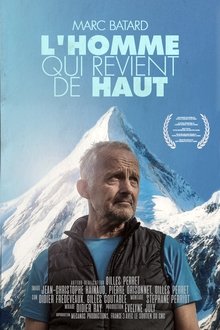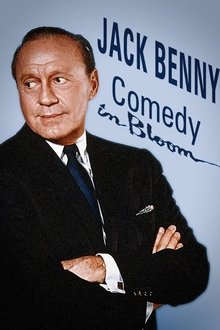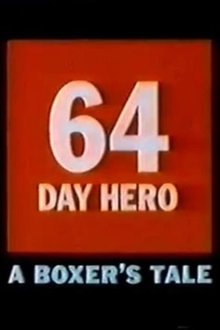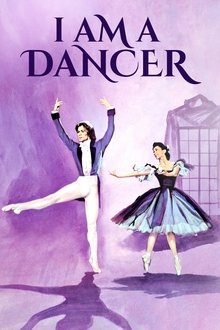Documentary about basketball player Pete Maravich. The legend of "Pistol Pete" Maravich was born on the playgrounds of his youth, extending to the campus of Louisiana State University and culminating in a 10-year NBA career during which he was named one of the League's 50 greatest players of all time.
Related Movies
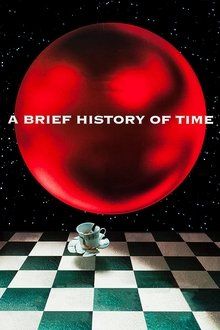
A Brief History of Time (1991)
This shows physicist Stephen Hawking's life as he deals with the ALS that renders him immobile and unable to speak without the use of a computer. Hawking's friends, family, classmates, and peers are interviewed not only about his theories but the man himself.
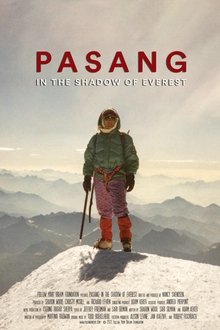
Pasang: In the Shadow of Everest (2024)
Transcending cultural barriers and consistently going against the grain, female Nepali climber Pasang Lhamu Sherpa attempted to summit Everest four times in the early nineties. Although she was not allowed to attend school as a child, Pasang did not let that stop her from pursuing her dreams. After founding her own trekking company in Kathmandu, she blazed a trail for Nepali women via her efforts to summit Everest. Proving how big you can dream and how far you can go to achieve those dreams, she left a legacy not only for the family she has left behind, but for the myriad women following in her footsteps.
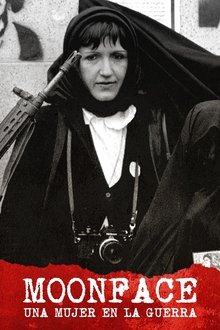
Moonface: A Woman in the War (2019)
A walk through the life and career of the legendary French photojournalist Christine Spengler, known as Moonface, one of the few female war reporters in the seventies, also a writer and surrealist painter, who worked in Chad, Northern Ireland, Vietnam, Cambodia, Afghanistan, Lebanon, Iran, Iraq and other places where unfortunately war and death prevailed for years.
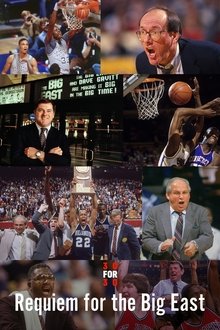
Requiem for the Big East (2014)
The meteoric ascension of the Big East conference, and how in less than a decade, it became the most successful college basketball league in America.
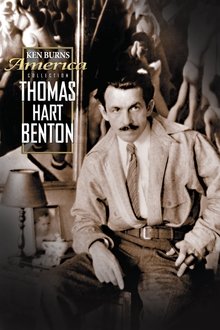
Thomas Hart Benton (1989)
Thomas Hart Benton's paintings were energetic and uncompromising. Today his works are in museums, but Benton hung them in saloons for ordinary people to appreciate.

Glenn Gould: Extasis (1993)
A collection of recollections and opinions of and about Glenn Gould, interspersed with excerpts of archive footage of the great Canadian pianist speaking and playing.
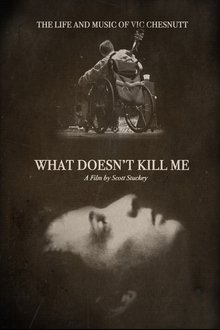
What Doesn’t Kill Me: The Life and Music of Vic Chesnutt (2016)
A documentary about the singer/songwriter Vic Chesnutt
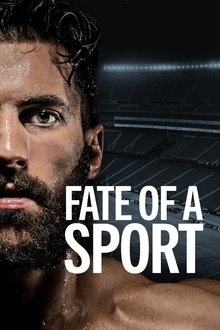
Fate of a Sport (2022)
After enduring eleven years as one of the most dominant and controversial players in a professional lacrosse league that was anything but professional, Paul Rabil decides to take the game into his own hands. Partnering with his brother Mike Rabil, the Rabil brothers attempt to raise the capital, poach the top players, fight off lawsuits, and persevere through a global pandemic to change the trajectory of professional sports by launching the Premier Lacrosse League. To complicate matters, Paul must navigate the politics of playing in the league that he also runs.
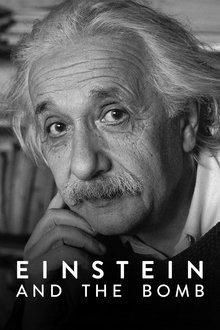
Einstein and the Bomb (2024)
What happened after Einstein fled Nazi Germany? Using archival footage and his own words, this docudrama dives into the mind of a tortured genius.
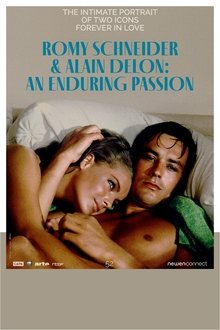
Romy Schneider & Alain Delon: An Enduring Passion (2022)
Austrian actress Romy Schneider (1938) and French actor Alain Delon (1935), once fervent lovers in the early sixties, maintained a close friendship and a certain working relationship after their breakup until her death in 1984: a universal and eternal love.
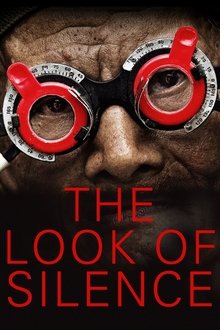
The Look of Silence (2014)
An optician grapples with the Indonesian mass killings of 1965-1966, during which his older brother was exterminated.
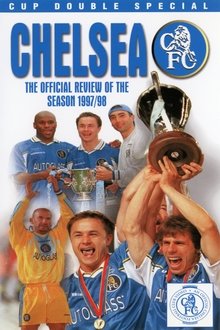
Chelsea FC - Season Review 1997/98 (1998)
In only 3 short months since his appointment as player/manager, the legendary Gianluca Vialli has led Chelsea to an historic cup double. This video looks back on an incredible season for all at Stamford Bridge. In March, goals from Frank Sinclair and Roberto Di Matteo won the Coca-Cola Cup and then, on Wednesday 13th May, a sensational strike from Gianfranco Zola brought European glory back to London as Chelsea became the first British side to win the European Cup Winners Cup twice. Domestically, a strong Premiership campaign saw Chelsea finish 4th, an improvement on previous years. All the action from EVERY game is here with goals galore from your favourite Chelsea players, including Mark Hughes, Tore Andre Flo, Dan Petrescu and Steve Clarke.
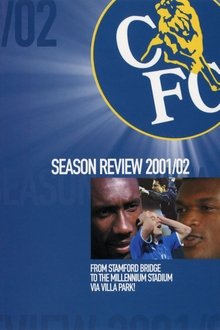
Chelsea FC - Season Review 2001/02 (2002)
All the goals - everything scored and conceded, all 149 goals. The essential action - the goal line clearances, the saves. Post match reactions - exclusive interviews with the players and manager. The cup run - behind the scenes at Villa Park and The Millennium Stadium. The controversies - full response to our early European exit and erratic premiership form. The analysis - Graeme Le Saux pinpoints the crucial moments with help from Claudio Ranieri.
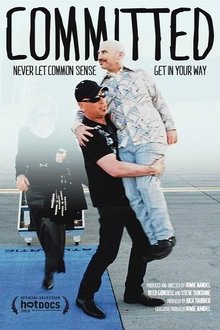
Committed (2014)
Howie Mandel points a camera at his friend Vic Cohen for 13 years, documenting his dogged determination to make it in showbiz.
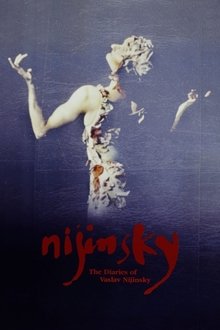
The Diaries of Vaslav Nijinsky (2002)
Dramatization of Russian ballet star Vaclav Nijinsky's diaries which detail his madness as well as his homosexual relationship with Ballet Russe impresario Sergei Diaghilev and his marriage to his Hungarian wife.
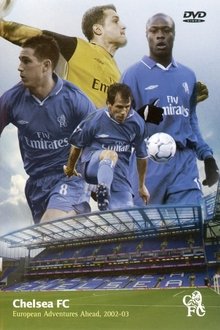
Chelsea FC - Season Review 2002/03 (2003)
Chelsea enjoyed our best run of form for some time in 2002-03, finishing fourth in the Premiership with a memorable last day of the season victory against fellow Champions League hopefuls Liverpool. However, this was not just a late flurry from Claudio Ranieri's quality west London side. Two memorable goal-rich cup runs took the Blues to the quarter-finals of both the Worthington and FA Cups, dismissed only by Manchester United, and Arsenal after a replay. The season saw some of the best performances of his life from Chelsea's veteran striker Gianfranco Zola, who defied all records and expectations with cheeky free-kicks and several spectacular acrobatic goals. Goalkeeper Carlo Cudicini won plaudits for the consistently brilliant performances that proved he is surely Chelsea's finest keeper since Peter Bonetti. Frank Lampard, too, demonstrated week in week out the excellent England midfield form of which Chelsea fans have always believed him capable.
